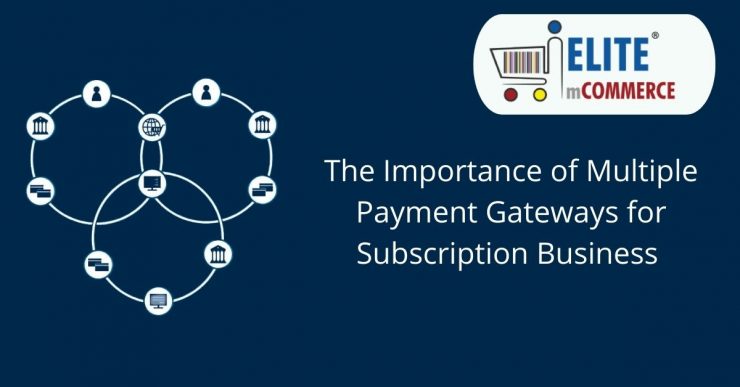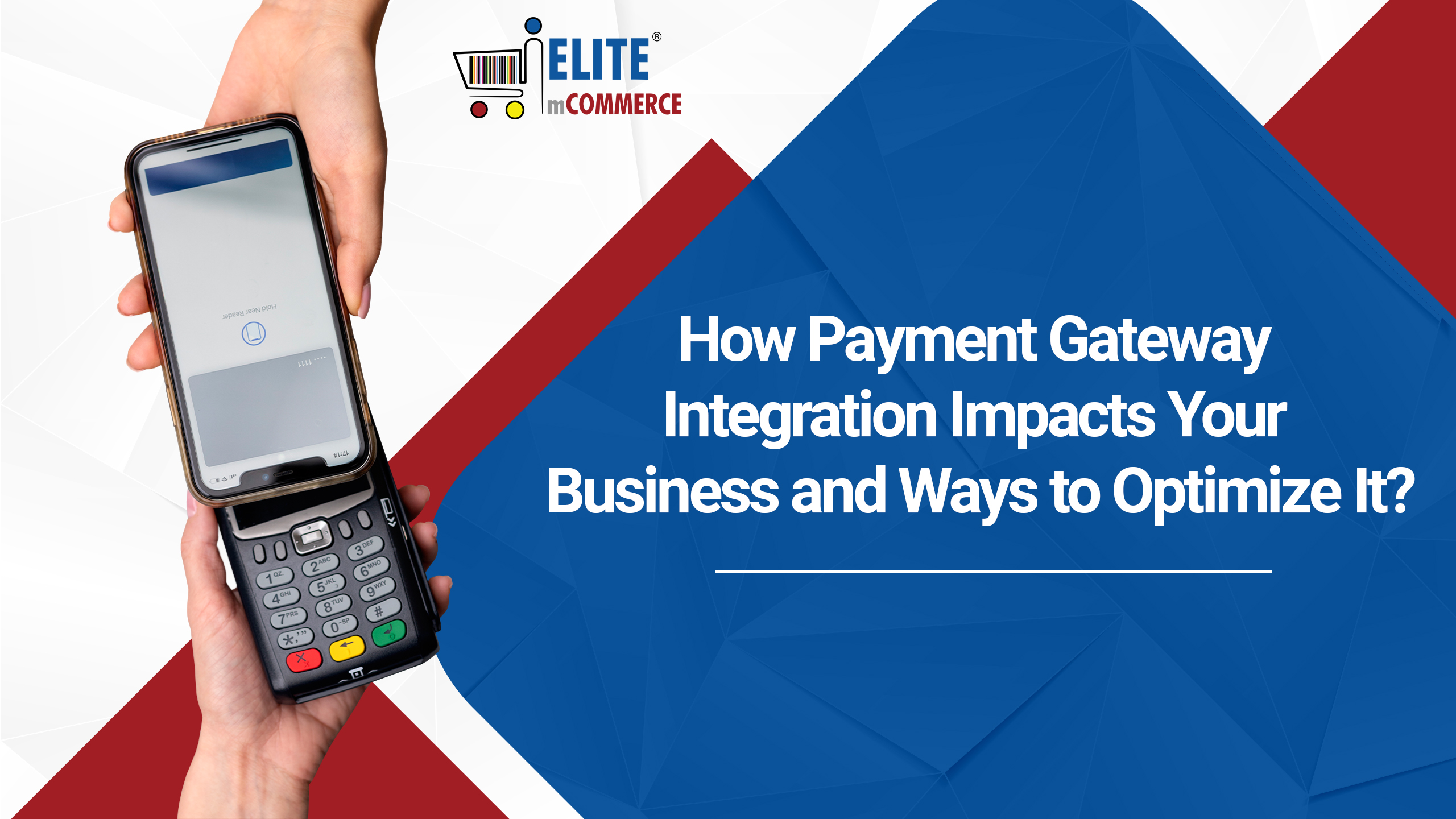Can you imagine in the present time an internet-based platform that offers cash payment as the only option? Certainly, not! Internet banking, debit and credit card payments joined the league long back. Accordingly, payment gateways came into picture and provided businesses a secured way of accepting fees or payment.
The recent trend is e-wallets. So, what is it that can keep any business up and above the competitors? Amongst many solutions will be – Multiple payment gateways. A business undoubtedly lacks something vital if it has not worked enough on the payment acceptance front.
Let’s find about the most crucial changes multiple payment gateways can bring to the subscription business.
- Improves business’s reach globally
The subscription model of making clients proves to be a win-win deal for both parties. While businesses collect humongous funds upfront through fees and membership charges, the clients enjoy the top-of-the-line experience of using any service. Whether it is an OTT, an online magazine, a SaaS, or a consumer-based service, the subscription model works great and is a necessity too.
Another positive impact that it brings to the business is that of expanding the reach globally. The businesses like OTT or other internet-based solution providers have no geographical barriers to deal with. They have consumers all over the world. Accordingly, they need to include payment gateways that work in the native lands of their consumers. Parallelly, the consumers feel that they are dealing with something familiar when they find the payment gateway of their choice. It builds confidence and consumer trust.
Read also: How to integrate payment processing with your POS system
- Offers ease of buying to people globally
Buyers need not depend upon the single payment gateway to complete a transaction. If making a transaction in the currency of choice brings a smile, then multiple payment gateways widen that smile further. The consumers have prior experience with a particular payment gateway. If that experience is terrible, providing ease of moving to another option helps the businesses retain the customers. The consumers also find it quite time-saving and convenient to have multiple payment gateways. They can complete the transaction at their will and also can have the service as and when required.
- Helps business close the deals with the added assurance
Any promotional effort or an attempt to create a market base succeeds only when the customer pays, and funds are parked safely in the seller’s account. When there are multiple payment gateways available, the consumers can save them from the hassles of downtimes or maintenance breaks taken by a single service provider.
The ease of shifting to another option, and completing the transaction helps the business cash on the positive buyer sentiment. Asking a customer to go to a new payment gateway can be considered no less than a business’s audacity. Therefore, automatic re-routing tools are available that direct customers to the active payment gateway and help them complete transactions in one go.
- Enhances the popularity of the business
Multiple payment gateways work in the direction of creating an exceptional customer experience. By having numerous payment gateways on board, the businesses show that they are eager to serve and retain their hard-earned customers. It shows the business’s sincerity towards giving the customer the best experience.
Further, the availability of payment gateways of various kinds goes as per the multiple payment methods gaining popularity worldwide. Thus, with a better payment acceptance system, the businesses save their consumers’ time, creating their positive image in the process.
To sum up, businesses mustn’t rely on a single payment gateway system in modern times. Though very small, the downtimes can eat up a sizable chunk of the business and hit the establishment’s credibility too, which is something not affordable in the present age of global competition.









Add comment